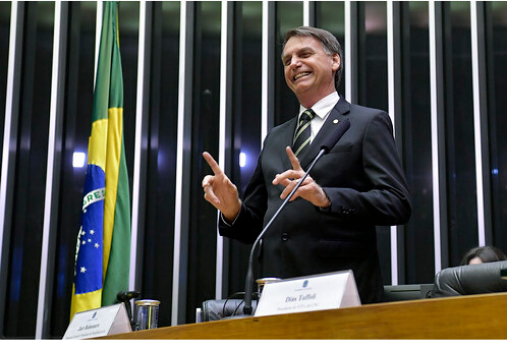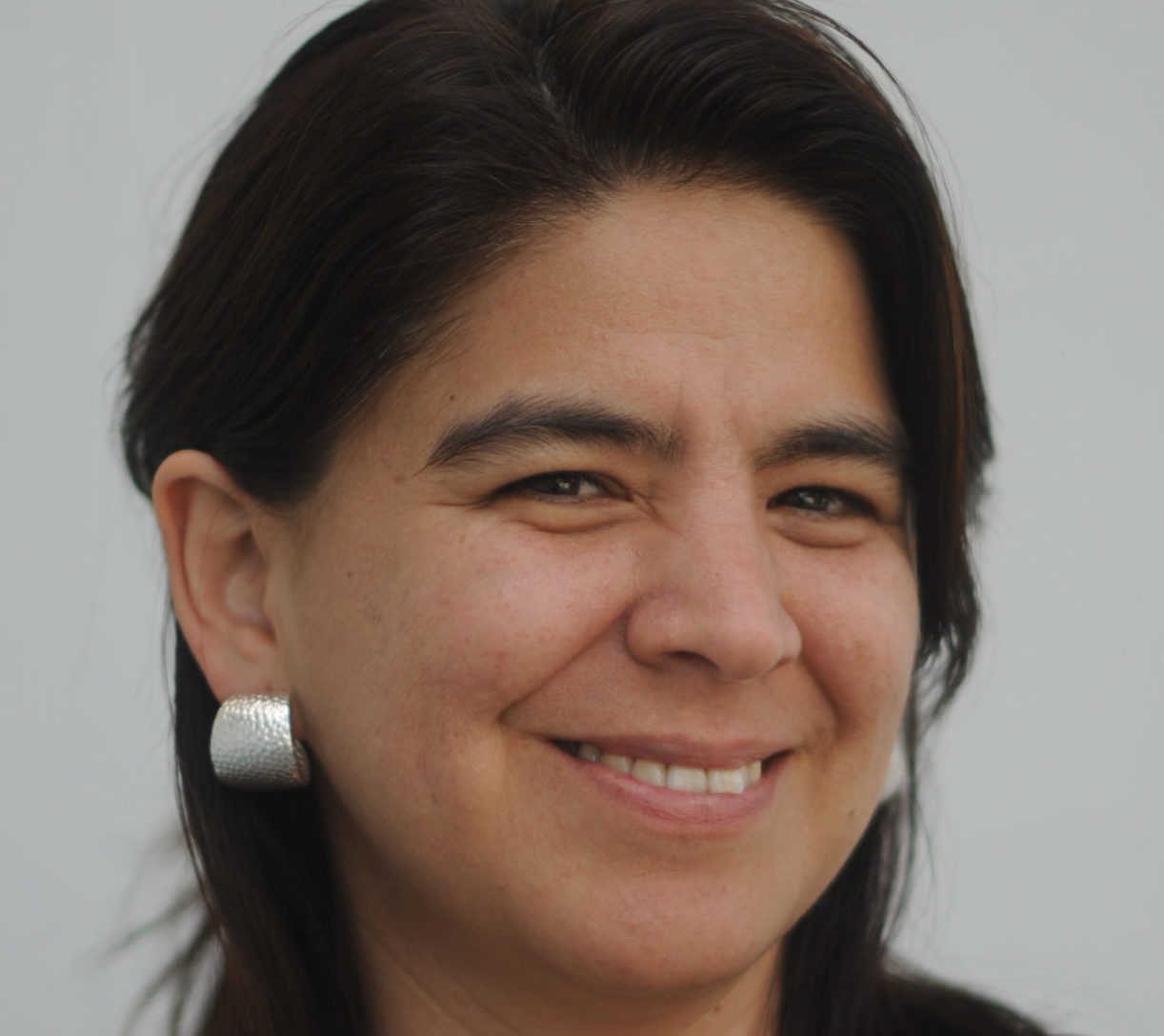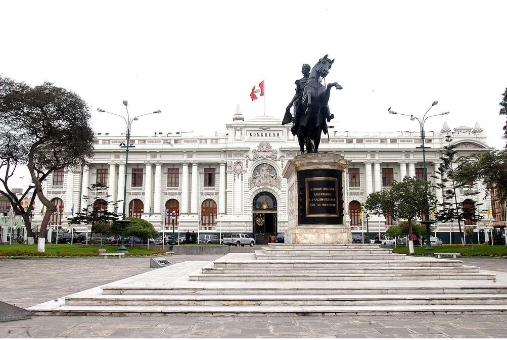
After four years of court proceedings, the Supreme Court of Justice of the Nation of Mexico confirmed that the journalist Carmen Aristegui was improperly and illegally dismissed by the MVS radio group, according to Aristegui Noticias.

Ramírez proposed the idea of a “journalism of the digital catacombs” during a conversation with students and others that was organized by the Knight Center

A presidential candidate, soon-to-be president-elect, launches repeated attacks on press outlets critical of his proposals and his actions, accusing everything he does not like of being false.
![President of the Constitutional Court of Peru, Ernesto Blume (Photo: Juan Manuel Herrera/OEA via Flickr]](https://latamjournalismreview.org/wp-content/uploads/2020/06/President-of-the-Constitutional-Court-of-Peru-Ernesto-Blume-e1591573839860.jpg)
With six votes in favor and one against, the Peruvian Constitutional Court annulled the law that prohibited the State from contracting state advertising with private media after declaring it unconstitutional, newspaper El Comercio reported. The law was approved by congress last June.

Peruvian journalist Paola Ugaz was criminally denounced for aggravated defamation by the Archbishop of Piura and Tumbes, José Antonio Eguren Anselmi.

This week, the Plenary of the Peruvian Congress may approve a controversial law that prohibits state advertising in private media.
El Nacional, one of the leading independent newspapers in Venezuela that continues to cover the entire country in its print and digital formats, will have to pay a fine of reparation of one billion bolivars (around US $12,000) for "moral damage."
As they have every year since 1993, when UNESCO proclaimed May 3 as World Press Freedom Day, journalists and freedom of expression advocates in Latin America and around the world gathered at conferences and rallied online to discuss the importance of press freedom and ways to the threats it faces.
Numerous television and radio news outlets in Nicaragua were attacked or experienced signal interruptions during coverage of the wave of protests that erupted throughout the country due to a reform to the Social Security Law by the government of President Daniel Ortega.
Cuban online magazine El Estornudo said the Cuban government has blocked access to the site, one of the main digital media outlets of an emerging independent journalism scene on the island.
The Honduran National Congress is discussing the approval of a law that aims to regulate activity and content on the internet, and would obligate website administrators to do the same.
Several communication professionals in Honduras have denounced the theft of their belongings, as well as persecution and threats by the country’s armed forces, in the days following the controversial presidential elections held in the Central American country, according to the Committee for Free Expression (C-Libre).